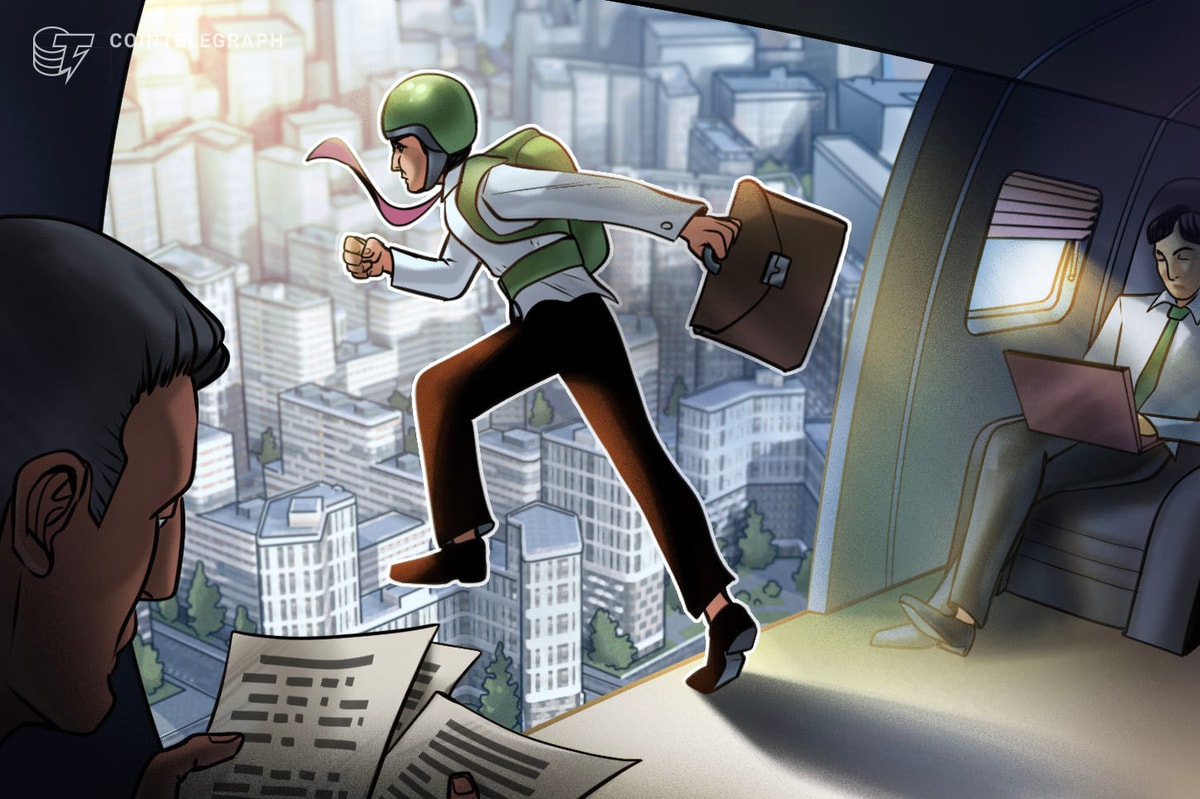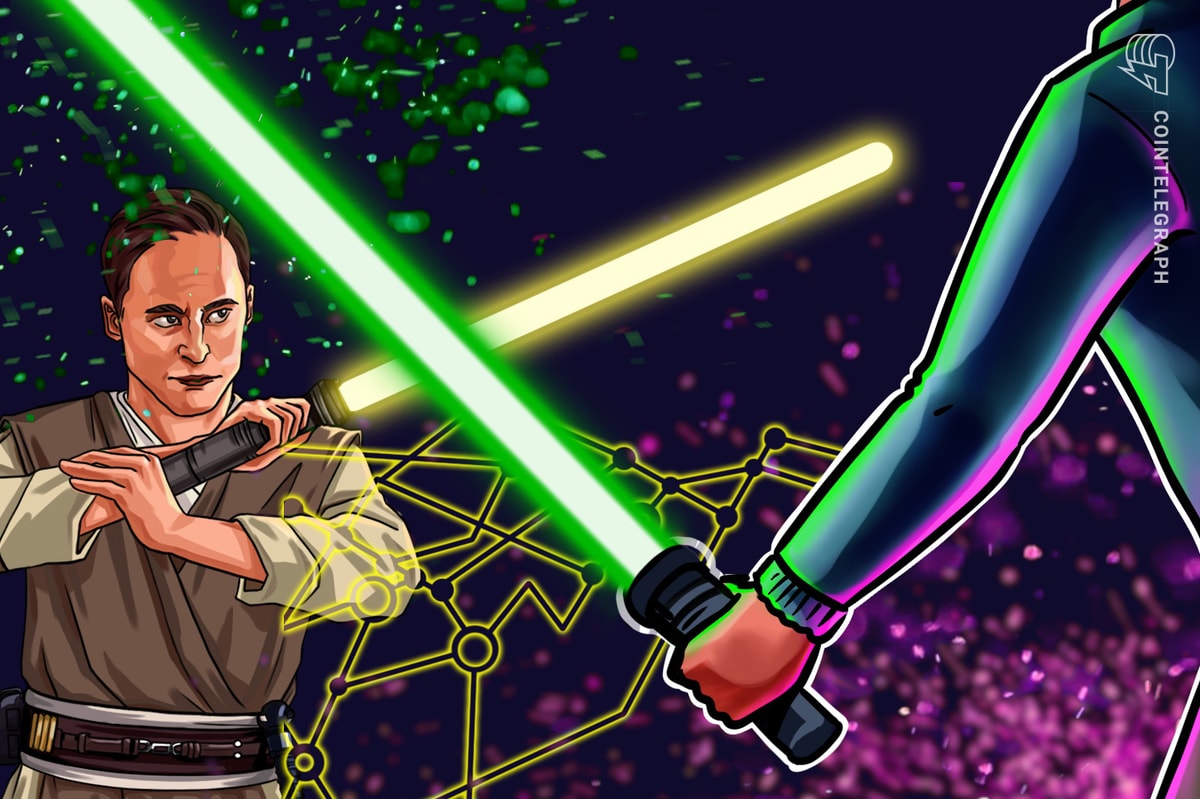On Saturday, October 6, Cathy Reisenwitz spoke on why a free society needs free money. Cathy serves as a D.C.-based writer and political commentator, working at Reason Magazine. She is Editor in Chief of Sex and the State, is a Young Voices Associate and writes regularly for Doublethink magazine and Thoughts on Liberty. Her writing has appeared in the Washington Examiner, the Daily Caller, the AFF Free the Future blog, the Individualist Feminist, and Penelope Trunk’s Brazen Careerist. One of her passions is investigating the role of Bitcoin social evolution. Cathy’s talk follows.
Cathy Reisenwitz: “Why a Free Society Needs a Free Money”
Saturday, October 6- Atlanta, GA
It may seem weird to begin a talk at a Bitcoin conference with a review of the scientific method. But I feel like if there were any audience outside the sciences who would at least tolerate that, I think it would be this one.
And the reason I think that is that everyone here, and everyone who plays with Bitcoin is a scientist, and we’re all participating in a great experiment.
We all know what an experiment is. We form a hypothesis and test it. But, simple as it is, the experiment is the best way to attempt to verify what we think we know about the world.
And the world includes currencies.
It may seem weird to say it, but I believe it would be impossible to overstate the importance of the invention of money to prosperity. By making trade easier, currency fosters the innovation necessary to create wealth.
So it’s a pretty important thing to understand. And to learn about currencies, we have to formulate theories and test them.
There are two ways to run experiments with currencies.
First, governments can, and do, experiment with monetary policy. When it comes down to it, the leaders of the Weinmar Republic were just running an experiment.
We’ve seen the consequences of this kind of experimentation. At the worst end you have Germany, Chile and Zimbabwe. Not far from that you have the troubles with the Euro, from riots in Greece to the money grab in Cyprus which prompted the latest Bitcoin boom. Then you have what we’re seeing in America, which is the long, slow erosion of wealth and savings through a steady stream of monetary inflation.
Not only does inflation slowly eat away at individual wealth, but it also disincentivizes savings. And without savings, there’s nothing to invest. So then without real savings, investment requires more quantitative easing, which begets more inflation, and the cycle continues.
On the other hand, individuals can experiment with new currencies themselves. In this case, fewer experimenters lessens the fallout of a hypothesis not supported by the evidence. In addition, instead of creating victims like government experiments, everyone participating in these experiments is a volunteer.
This, in essence, is Bitcoin. And this is why we’re all here.
Like good scientists, you came to Bitcoin with questions. Each one of you got here by first asking a question or two about currency. Each person wanted to know something slightly different, and for different reasons. Can an online currency offer anonymity but still be trustworthy? Can a free-market currency keep or increase its value? Can I trust an algorithm to limit inflation? Will an online currency lower transaction costs? Will it allow retailers to avoid paying credit card and debit card fees? Will wildly fluctuating value make an online currency unusable? Then many of you read up on the problem you wanted to solve in order to decide whether and how to use Bitcoin to try to answer these questions.
Then, you used Bitcoin to experiment. You saw what happened. And you wrote about the results. You Tweeted about them. You made MOOC courses about them. You created conferences, all to share with the world all the incredibly valuable information you were learning about currency.
And yet, even though these experiments were completely voluntary. Even though they yielded incredibly useful knowledge. Even though you’ve been incredibly generous in your sharing of that knowledge. Some people have tried to keep you from experimenting.
One Bitcoin user created an exchange which completely solved the problem of violence in the drug trade. He created the eBay of narcotics, and in doing so he replaced broken kneecaps with bad user reviews. Instead of armed robbery, he made sure the Bitcoins weren’t released until the goods arrived. Now his invention has been forcefully seized, all his customers have been dumped back on the streets, and in the process they’ve more Bitcoins than ever before.
Before that, they’ve seized the assets of your exchanges. They’ve intimidated your non-profits with threatening letters. They’ve threatened to tax you. And they’re looking into ways to regulate you.
Governments try to control currencies. With all that power, shouldn’t they seek to learn as much about them as possible? Why would anyone attempt to kneecap thousands of unpaid, volunteer experimenters, who are constantly sharing with the world what we’re learning about how money works? It’s very odd.
It’s almost as if they’re more interested in making sure they control the experiment than in learning as much as they can.
Which is unfortunate. Because when used right, trustworthy, flexible currencies facilitate investment, innovation and, ultimately, prosperity. And when misused, they bring ruin, stagnation and poverty. Figuring out how to use money is incredibly important. Much too important for us to let petty politics, turf wars and prohibition stop progress.
Earlier, I called you all scientists. And like all scientists, you need your materials, your variables and your constants in order to experiment. But that’s not enough. You also need the space and freedom to experiment. That’s what’s threatened by taxation, regulation and intimidation.
My purpose here is to first emphasize the importance of what you’re doing with Bitcoin. I truly believe you are early pioneers who are ultimately making the world a richer place.
But then I also want to motivate you to join me in fighting for the freedom to continue doing it.
Because it’s truly up to us, to the people who understand what this knowledge can do for the world, to fight for the freedom to find it. Please, join me in the fight to keep Bitcoin free and legal.
Thank you.











